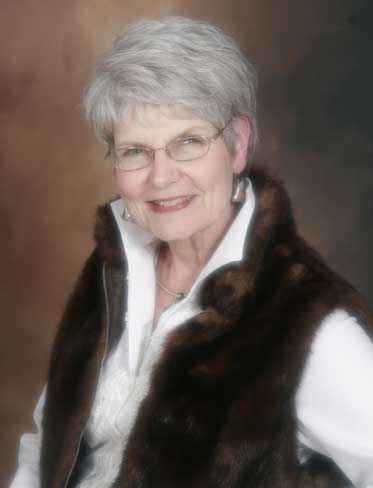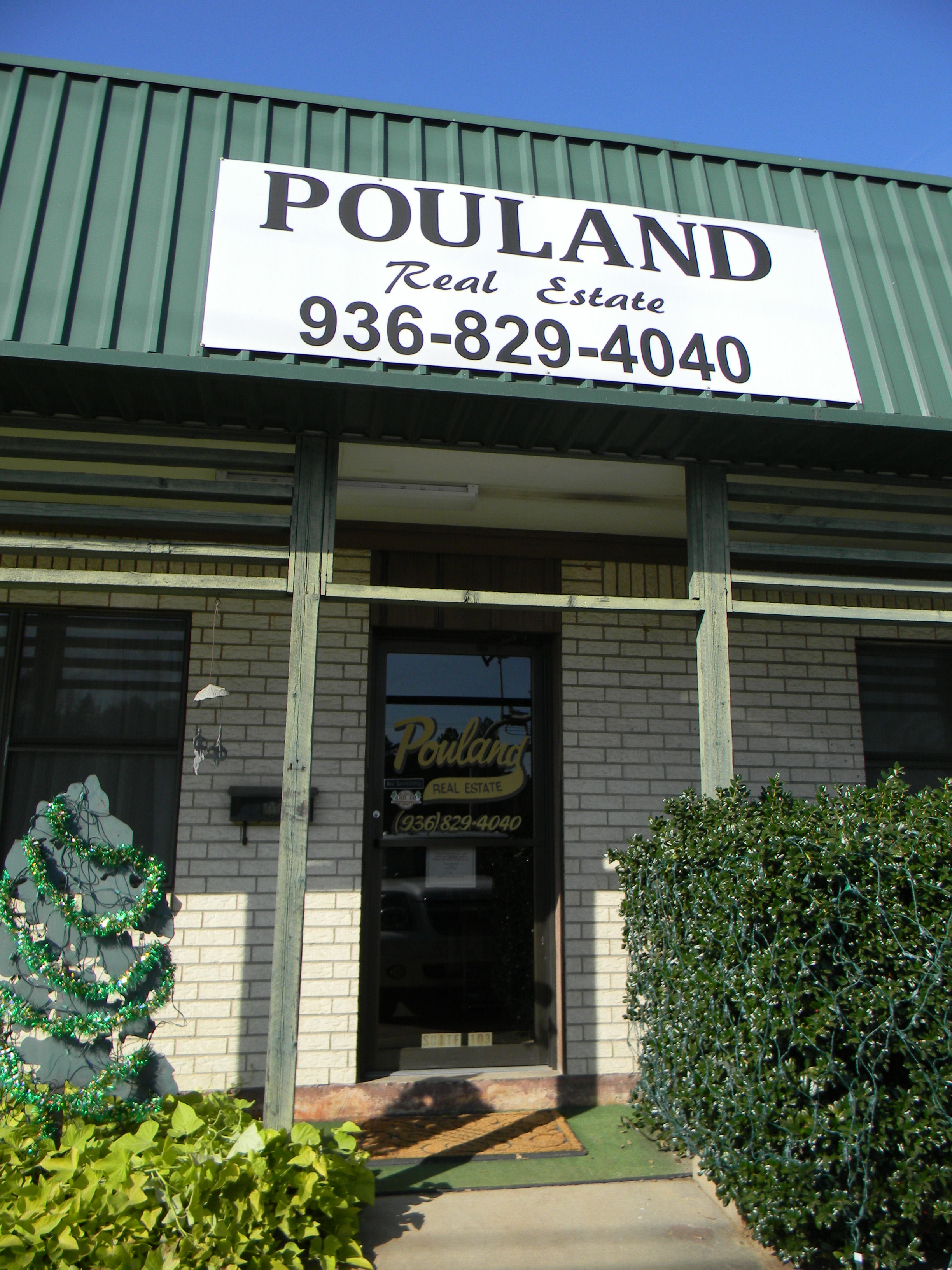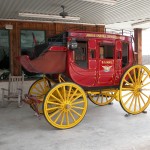IT’S TIME FOR TEXAS TRASH OFF! Volunteers will be picking up litter throughout Texas. (So unnecessary…littering, that is). Keep Diboll Beautiful will meet volunteers in Old Orchard Park at 8:30 AM Saturday, April 5th to give assignments. Or, according to Fran McClain, you can help the DHS Class of 1969 with their Adopt-A-Highway section and meet them in the Dollar General parking lot at 9AM. If neither of these work for you, please just pick up litter around your area as a lot of people already do that on a regular basis. Keep Diboll Beautiful will be serving pizza for lunch. If you plan to work and eat pizza, please call Elvia Esteves-Garza at city hall, 829-4757 by Friday. Trash bags will be provided but you will need to bring your own gloves. Also, don’t forget that Diboll’s Operation Clean-sweep is scheduled for Saturday, April 26th. Volunteers and donations are needed!!
Diboll Alumni Association is working hard to contact all former employees of DISD to recognize them at a special time during Diboll Day this year. Please let Fran McClain (829-2779) know if you have any contact information for the following employees that worked during the 1990’s: Jeannie Bacon, Sandy Crespin, Maria Dejesus, Traci Eakin, Lula Garcia, Debbie Gault, Delores Harris, Tommy Hodges, Shane Holman, Clyde Jackson, Ruth Lemmond, Sharon Lusk, Dr. Craig Morton, Debra Oladovich, Melissa Petty, Leslie Roberts, Kim Roberts, Becky Robins, Lacey Joe Roden, Pam Rogers, Craig Russell, Francisca Silva, Melanie Spark, Candice Stine, Brandon Taylor, Maria Torres, A. Van Schoubrock, Susan Wier and John Yonker. Fran’s email is fr****@**********ed.net.
It’s two more great grandchildren for Dianne and Mike Gibson of Diboll. Twins Jude Kenneth and Lennon Morris Tate were born March 18th in Huntsville. Their parents are Brittani and Zachary Tate and grandparents are Vicki and Barry Tate. Both boys are doing well and yes, they were named after Jude Law and John Lennon.
Enjoyed visiting with John Oates and learned that his and Ruth’s daughter, Rachel, is getting married. Last May when Rachel received her Master’s degree in Clinical Psychology from UT Tyler she also received a marriage proposal from Chemical Engineer, Ryan Bloser. She accepted his proposal and began her new career the following Monday. Rachel is working for The Crisis Center of Jacksonville having to complete 3,000 hours of apprenticeship. Their wedding is May 31 in Flynt Texas at the Centaur Arabian Farms that offers a country elegance wedding venue and reception. Matthew (Rachel’s brother) and Mary Oates are expecting their first baby on the 24th of May and everyone is holding their breath hoping that baby Adam Malloy arrives in time for his mother to be Rachel’s matron of honor.
Billie (Goins) Bryce has enjoyed getting re-acquainted with a childhood friend, Ira Jean (Black) Wooten, whom she had not seen since the 8th grade. They both are attending Pine Grove church in Beulah. Two other classmates also live in the area: Bobbie (Havard) Goolsby and Wanda Torbert.
Sue Johnson reported the Burke Chapter #1098 Order of the Eastern Star had a HUGELY SUCESSFUL Baked Potato sale on March 27th. They would like to thank everyone who bought potatoes including the Diboll schools, the Central schools and all the others who always help their chapter with its fund raisers. Sue said there are too many to name without leaving someone out; however, one of their buyers not only buys but makes a BIG donation and for that and all the others, they are truly grateful. The biggest “thank you” goes to The Golden Corral who not only bakes the potatoes but has them ready and they are awesome! Their manager, Jason and his staff, always go above and beyond to help this local chapter and the ladies can vouch that the food is great and encourages everyone to try The Golden Corral.
Congratulations to Jack and Donnie Jenkins who are both very active in the SASS, Single Action Shooter Society, which is competing with 6-shooters. Jack won 3rd Place in the Texas state championship and also won “Spirit of the Game” award. Donnie won 4th Place in the state in her division. The event takes place in Oakwood, Texas.
Congratulations to Mike Waters who was awarded the Joe Richardson Most Distinguished Athletic Training Award from SFA. He is an ’86 SFA alumni and his picture is in the current SFA Sawdust magazine.
Joe Donald Smith celebrated a birthday dinner on March 31st at Los Jarritos. With him was his wife, Emma Lee; their son and daughter-in-law, Joe Henry and Diane Smith and son, Bill. All five ordered fried shrimp and loved their dinner. On April 3rd. Joe Donald and Emma Lee will celebrate their 66th wedding anniversary. That is awesome, congratulations!!
Billie Jean Capps also enjoyed her March 31st birthday with all four daughters, Susie, Shannon, Sharla, Sherry and families home for the weekend. Later in the week, her husband, Donald, treated her to breakfast at IHOP. Happy Birthday Billie Jean; it’s been a long time since you and I walked home after school to 8 Bakers Café almost every day and listened to Percy Faith’s A Summer Place.
Don’t forget to mark your calendars April 12th for the 2nd Annual Music in the Park. Beginning at 6PM Old Orchard Park will be rocking with music from The Crime stoppers Band. Opening for them will be one of DISD’s school choirs and concessions will be available from volunteers with Project Celebration.
Also on April 12th, Angelina County 4-H will be having a BINGO at the Angelina County Extension office. The doors will open at 5:30 and the games begin at 6PM. The cost is $2 a card for 8 games.
The Angelina County Master Gardeners Annual Plant sale will be this Saturday, April 5th beginning at 8 AM at the Farmers Market in Lufkin.
Our bedding plants, flowers and hanging baskets have arrived and made the front of Pouland’s an array of colors.
Come see us…’round the table.









 Angelina County
Angelina County Featured Community
Featured Community


 The Everything Store
The Everything Store  J.R.'s Collections
J.R.'s Collections
